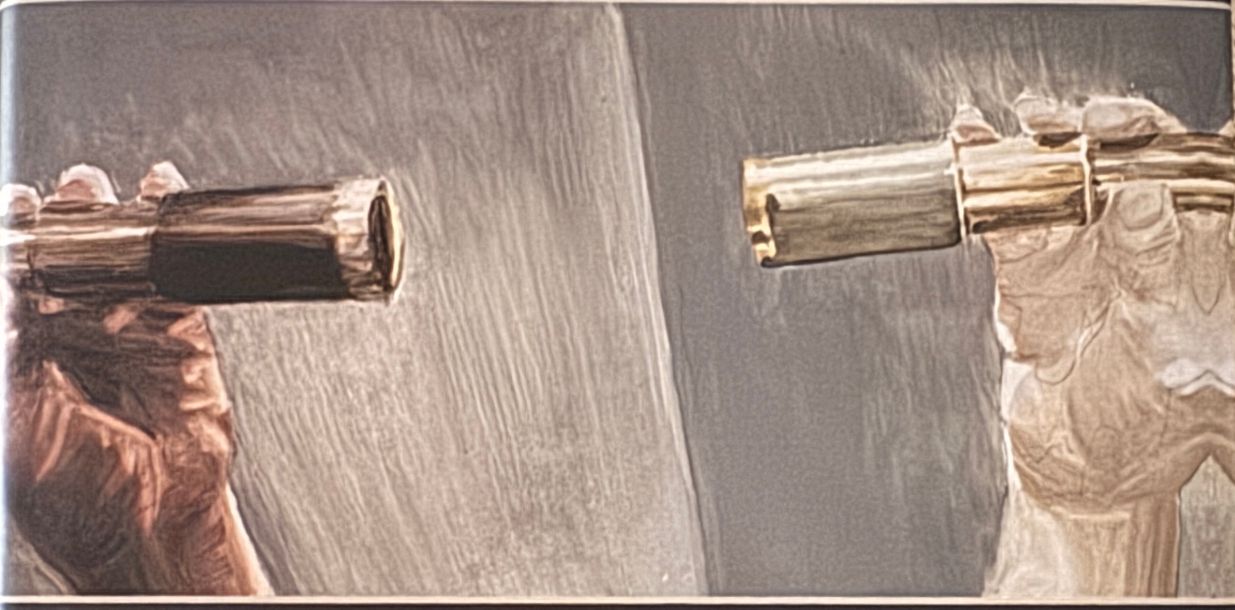“The nettles were like fine, stinging strands of silk, sticky to touch, and difficult to untangle.” This slim but cogently argued book approaches the subject of self-awareness by disentangling those sticky strands of nettles that so frustrated Harry Potter, only in this case the strands consist of a multiplicity of lines of argument and inquiry that philosophers have weaved over the centuries in a quest for the “elusive subject” of self-awareness.
The author of this study is Dr. Robert J. Howell, Professor and Chair of the Philosophy Department at Rice University in Houston.
In the book, Howell writes “Thoughts are not like lightning: they cannot exist without a subject. Just as dimples require cheeks, thoughts require thinkers.” In an interview for this article, Dr. Howell told me that “My view about experience is even stronger than the dimple cheek view. There is something about conscious experience; what it’s like to see red or taste chocolate must be like something for someone. A taste itself can’t be hovering near the outskirts of Venus! It doesn’t make any sense to me.”
On the subject of experience, Howell sets out his case strongly on page 28:
Perhaps most controversially, I reject the idea that the body as a whole is the subject of experience. There may be something to the view that the body is a self, or that I am my body…but one can hold this without thinking that the body is the subject of experience.
Howell goes on to write “There are no free range thoughts or dimples flitting about the world without something having them.” This evoked in my mind the image of magnetic monopoles, a hypothetical particle flitting around that is an isolated magnet with only one magnetic pole. Like free range thoughts in philosophy, they are a fine fencing partner to parry and defeat.
I need here to give a more particular explanation of what I meant by sticky nettles that are difficult to disentangle. This arises in chapter 5. In the previous chapters, Howell
…attempted to show that at least unreflectively there is no appearance of the self nor any personalizing character in the stream of consciousness. There is no denying, however, that I seem to know, prior to reflection, that my conscious states are mine.
It is this pre-reflexive consciousness that is the subject of the chapter, and after quoting various philosophers (including Buddhist commentaries) on the issue, Howell laments that
…whether there is a single phenomenon at issue is not always clear. Some of the above authors seem to mean different things by the reflexivity of consciousness, and it is doubtful that they should all be accommodated in the same way. I argue that the idea that consciousness necessarily involves pre-reflexive self-consciousness could actually designate different theses, and confusing them can make this issue seem more opaque than it needs to be.
In chapters 5 and 6, Howell distinguishes “three different puzzling features of consciousness and self-consciousness, each of which could justify positing pre-reflective self-consciousness – although not necessarily the same sort in each case.” The details are beyond what I can get into here, but I found this to be the most important area elucidated in the book. Ultimately, Howell describes a “conscious state view” that allows the two famous traditions to co-exist: the followers of Descartes (“I think, therefore I am”), and the followers of Hume & the Buddhists. “The conscious state view can explain both of these intuitions without forcing us into any strong metaphysical conclusions.”
While he does not explore AI in this book, the fear that AI might achieve self-consciousness is very much on the agenda now. “The type of self-awareness I am concerned with is conscious experience,” Howell explained in my interview. None of what AI is capable of doing yet “explores the self-awareness I have in mind.” However, the matter is more nuanced than that: “I’m a physicalist, but I think there are things that elude physical explanation, which makes it hard to know when a foreign system is conscious.” He posits a person who wants to destroy a building, but is not sure if there is someone inside. “Your reason to destroy it or not is a moral reason.” If an AI eventually makes a similar morally reasoned choice, we might reach “a point where we want to incorporate it in our moral community.”
Howell said a study of Buddhist beliefs is next on his research agenda. “I’m interested in their insistence there is no self-awareness. I disagree with it. The mere fact the self eludes introspection does not mean there is not a self. It is indubitable the self is hard to find: Buddhists look inside and don’t find anything.” But for Howell, “some form of self-consciousness is as certain as it gets.” In the book, he writes that “It seems our knowledge that we are performing any mental action or are having any mental experience is already imbued with self-awareness.”
Metaphysics and ethics of the self is an important part of the book. “The Buddhists claim there is an ethical upshot, such as oneness. Do those things actually follow? Do we get an ethical upshot?” While Howell is doubtful, his future study of this will be keenly read.
Self-Awareness & The Elusive Subject is by Oxford University Press. It lists for $80.
The artwork on the front cover, pictured here, is entitled Self Portrait (After Ashbery). It was created by Lanie DeLay, the wife of Dr. Howell, in 2022.
Note: The Harry Potter quote comes from a fan fiction story by Slytherincesss: https://www.fanfiction.net/s/8174289/1/On-License
